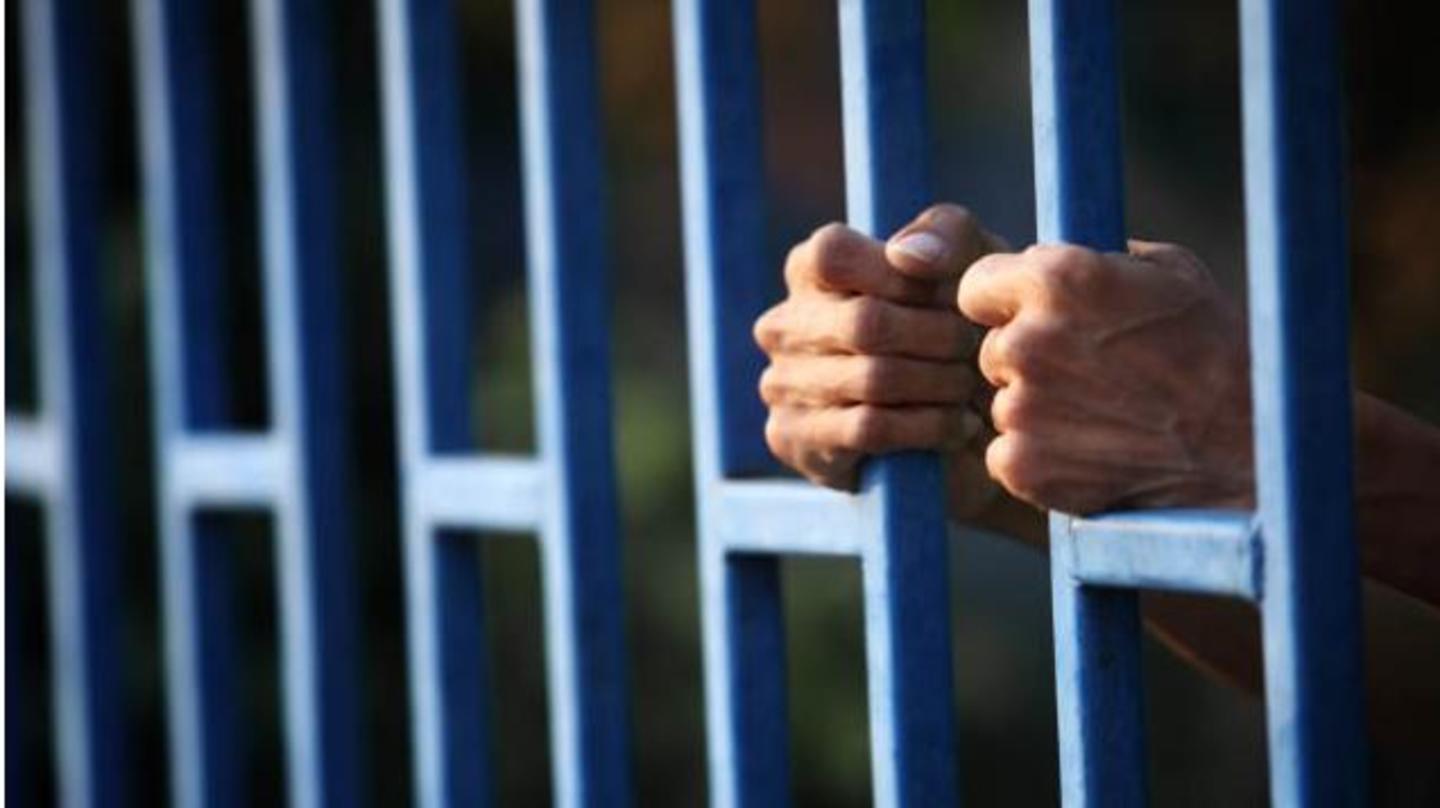
Three more held in connection with illegal telephone exchanges
What's the story
Two people, who helped the kingpin Ibrahim Mullatti obtain hundreds of SIM cards using the fingerprints of innocent people, and a Hawala operator have been arrested in connection with the illegal telephone exchanges in the city, Bengaluru Police Commissioner Kamal Pant said on Thursday.
With this, five people have been arrested in the case including Mullatti and the exchange operator Gautham Viswanathan.
Information
Army's Siliguri unit received suspicious calls in April
Deccan Herald had earlier reported that in April, army officials received suspicious phone calls on their Siliguri helpline inquiring about army units and movements. When the army traced the calls, for weeks it notified the location of calls as Bengaluru.
Details
32 SIM boxes with 960 SIM cards were used
The Bengaluru police on Wednesday said that its anti-terror cell coordinated with the Military Intelligence and unearthed six illegal telephone exchanges where 32 SIM boxes with 960 SIM cards were used.
"Mullatti, hailing from Kerala's Malappuram, and Viswanathan from Tamil Nadu's Tirupur, had placed the SIM boxes at six areas of the city to carry out their illegal activities," police said.
Information
Fingerprints of regular customers were used to obtain SIM cards
"The duo, Mullatti, and Viswanathan, used to obtain SIM cards using multiple fingerprints of those regular customers who used to go to them to get new phone connections," Pant said. They have been booked under the charges of defrauding the Telecom Authority of India.
SIM Cards
The three men arrested helped Mullatti obtain SIM cards
Pant said, "Two people, one from Bengaluru and another from Thoothukudi in Tamil Nadu, have been arrested. The third man arrested in connection with the case hails from Bhatkal in Uttara Kannada district of Karnataka."
"They had helped Mullatti obtain a large number of SIM cards to set up an exchange of 960 telephone lines," he added.
Background
Most of the calls originated from the Middle East
Speaking about Mullatti, the City police chief said that he had worked in Dubai as a driver and had returned to set up the telephone exchange in Bengaluru using Voice Over Internet Protocol.
"Viswanathan from Tamil Nadu was operating the exchange. Most of the calls originated from the Middle East and a few people there helped Mullatti in making calls," the officer explained.
Quote
Payment made in Dubai was routed to India through Hawala
Pant further said, "The payment for the calls used to happen in Dubai and it was routed to India through a money-laundering network. The man from Bhatkal, whom we have taken in our custody, used to route money through Hawala (money laundering network)."